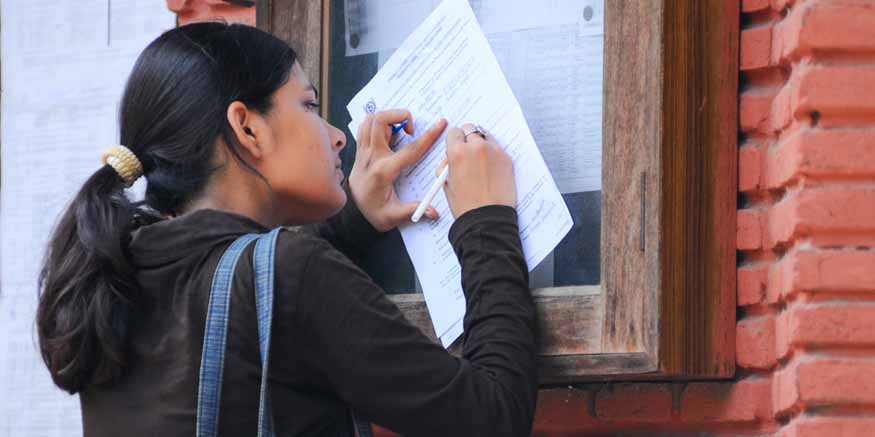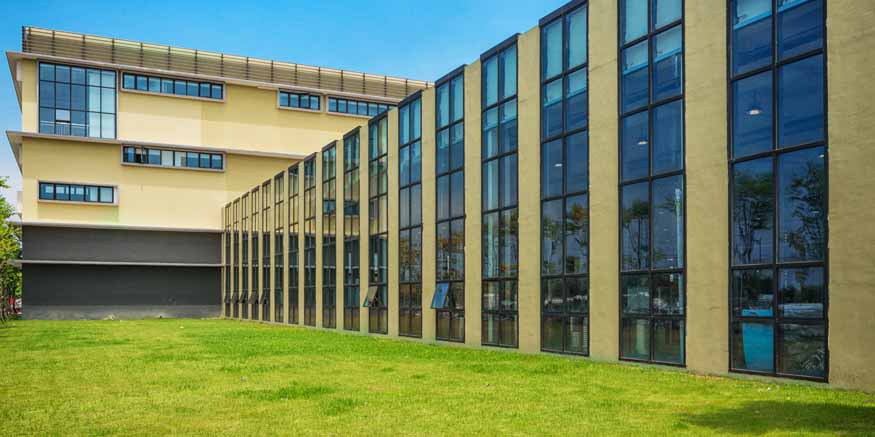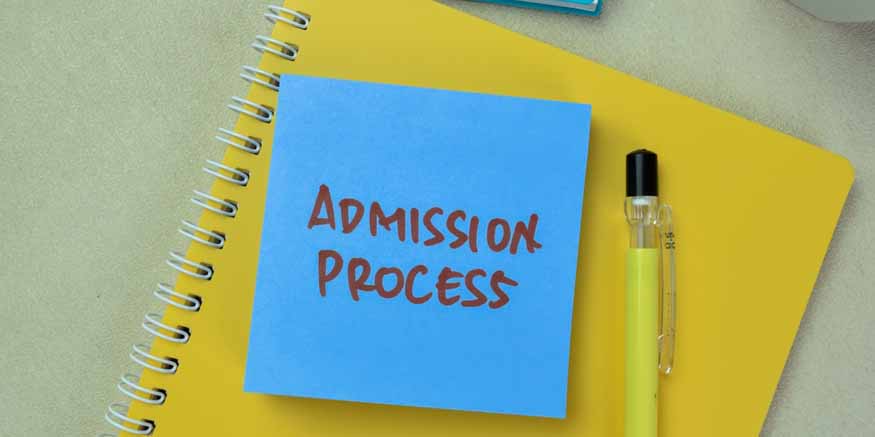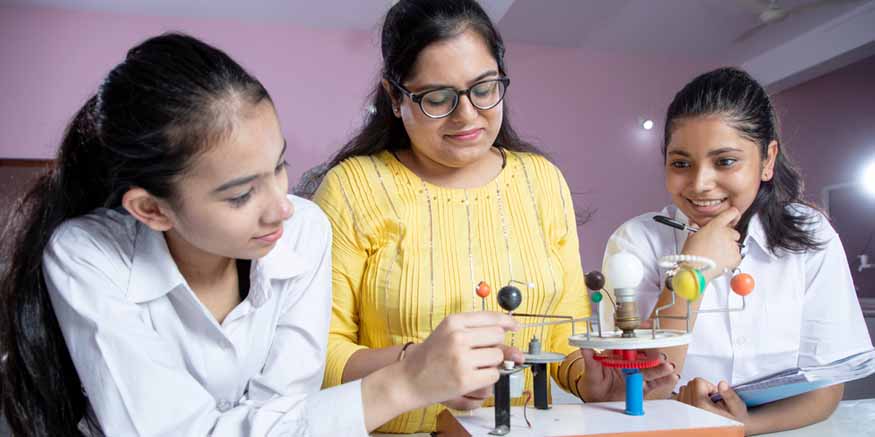Practical knowledge is the knowledge that children gain through hands-on experience and experimentation. It is different from theoretical knowledge, which is gained through reading, listening, and watching. Here’s why practical knowledge in children is important and beneficial.
Practical Knowledge Meaning
Practical knowledge refers to skills, strategies, procedures, or methods that one acquires through direct participation or personal experience as opposed to the theoretical understanding of things. This kind of knowledge typically involves hands-on or interactive learning and is usually task-oriented. For instance, while studying the theory of how to ride a bike can give you an understanding of the mechanics involved, the practical knowledge of actually balancing and pedalling a bike is what enables you to do it.
Practical knowledge is not just restricted to physical activities; it can also refer to understanding how to navigate social situations, manage time, or run a business. It is about knowing ‘how’ to do things rather than knowing ‘about’ things. The importance of practical knowledge lies in its immediate applicability to real-world situations.
Also Read: How to Study Smarter, not Harder
Types of practical knowledge
Here are some types of practical knowledge:
- Procedural Knowledge:
- Technological Knowledge:
- Interpersonal Skills:
- Motor Skills:
- Problem-Solving Skills:
- Strategic Knowledge:
- Metacognitive Knowledge:
This is the understanding of a process, method, or procedure. It involves knowing how to do something rather than knowing about something. For instance, you might have procedural knowledge of how to drive a car, bake a cake, or play a musical instrument.
This is practical knowledge about how to use different technologies, tools, or equipment. It includes understanding how to operate a computer, use a particular software application, or navigate a smartphone.
Interpersonal skills are used in interactions with other people. They include skills like negotiation, persuasion, leadership, and empathy. These are often learned through practice and experience rather than formal education.
These are physical skills that involve body movement. They include things like playing a sport, dancing, or performing surgery. Motor skills are typically acquired through physical practice.
These are abilities to handle challenges or difficulties effectively. They include critical thinking, decision-making, and creativity. These skills are often learned and refined through real-life experiences.
This involves knowing how to approach a problem or task, select the right strategies, and apply them effectively. It often requires a deep understanding of the situation, the task at hand, the available resources, and the desired goals.
This refers to an understanding of one’s own cognitive processes. It involves being aware of how you think and learn, your strengths and weaknesses, and using this awareness to guide your actions and learning strategies.
Also Read: Metacognitive Strategies In The Classroom
Importance of Practical Knowledge in Children
Practical knowledge in children bridges the gap between theoretical knowledge and real-world applications. For children, the world is a vast learning platform, and every interaction provides an opportunity to learn. As they interact with their environment, they acquire skills and knowledge that textbooks alone cannot provide.
- Encourages Hands-On Learning
- Enhances Cognitive Skills
- Fosters Real-World Understanding
- Benefits of Practical Knowledge in Children
- Boosts Confidence and Independence
- Enhances Learning Engagement
- Prepares for the Future
Practical knowledge encourages hands-on learning. Children are naturally curious. They love to touch, feel, and explore. Practical knowledge supports this curiosity by providing opportunities for children to manipulate materials, observe results, and develop an understanding of cause and effect.
Children who engage in practical learning activities demonstrate improved cognitive skills. These skills, including critical thinking, problem-solving, and decision-making, are foundational to a child’s intellectual development and are instrumental in later academic and professional success.
Practical knowledge enables children to make connections between what they learn in school and their everyday life. It provides them with a real-world understanding that enhances their overall learning experience. By applying knowledge in real-life situations, children become active learners rather than passive recipients of information.
The acquisition of practical knowledge in children provides a multitude of benefits. It’s a powerful tool that empowers children, boosts their confidence, and prepares them for the challenges of life.
Practical knowledge gives children the confidence and independence to tackle problems head-on. Children who are allowed to experiment, make mistakes, and find solutions on their own develop a sense of self-reliance and belief in their abilities.
Children are more engaged in their learning when it involves practical activities. Hands-on tasks captivate their attention, stimulate their minds, and create a fun and exciting learning environment. This increased engagement often results in improved academic performance and a love for learning.
Practical knowledge prepares children for the future. The skills they acquire through hands-on learning are transferable to various aspects of life. From social interactions to career prospects, practical knowledge helps children navigate their path with confidence and competence.
Also Read: What is the ICSE Board? – Advantages & Curriculum Details ICSE Board
Practical knowledge benefits
Practical knowledge plays a crucial role in the development and growth of children. Here are some benefits of practical knowledge for children:
- Real-world application
- Problem-solving skills
- Experiential learning
- Skill development
- Confidence and independence
- Relevance and interest
- Long-term retention
- Holistic development
Practical knowledge allows children to apply what they have learned in real-life situations. It bridges the gap between theoretical concepts and practical implementation, helping children understand how knowledge can be used in practical scenarios.
Practical knowledge encourages children to think critically and develop problem-solving skills. By engaging in hands-on activities, they learn to identify problems, analyse situations, and find effective solutions. This fosters their ability to think creatively and adapt to different challenges.
Practical knowledge provides children with direct experiences and firsthand learning opportunities. This type of learning enhances their understanding and retention of information. Through hands-on activities, children can explore, experiment, and discover new concepts, making the learning process more engaging and memorable.
Practical knowledge helps children develop a wide range of skills, including motor skills, communication skills, teamwork, and decision-making abilities. For example, engaging in practical activities such as cooking, gardening, or building projects promotes fine motor skills and hand-eye coordination.
When children gain practical knowledge and experience success in applying it, their confidence levels increase. They develop a sense of independence and self-reliance, knowing that they have the skills and knowledge to tackle various tasks and challenges.
Practical knowledge connects learning to real-life situations, making it more relevant and interesting for children. It helps them see the practical significance of what they are learning and increases their motivation to learn and explore further.
Hands-on learning experiences have been shown to improve long-term retention of information. When children actively engage with practical tasks, they are more likely to remember and retain what they have learned compared to passive learning methods.
Practical knowledge fosters holistic development by engaging children’s cognitive, physical, social, and emotional domains. It promotes well-rounded development and helps children become capable and well-rounded individuals.
Also Read: What is CBSE Board? – Advantages & Curriculum details
EuroSchool encourages practical knowledge in children through hands-on learning, STEM education, experiential learning, collaboration, and real-world applications.









